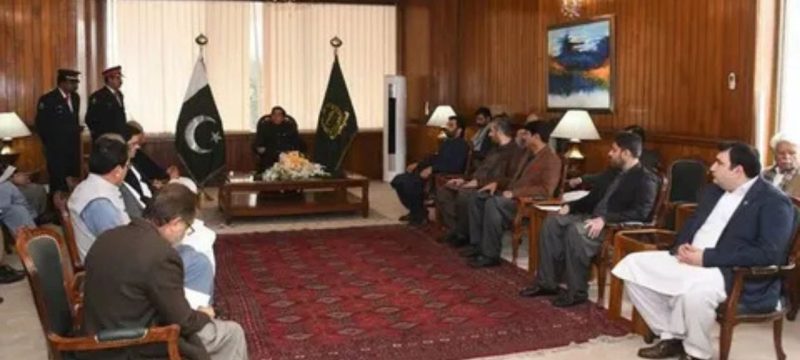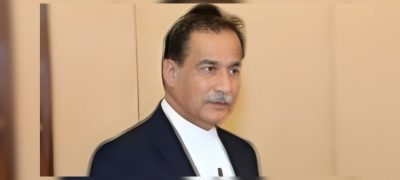Independence in parliamentary politics is being tested as 25 PTI members are yet to resign from the NA standing committees, leaving questions about their political stance and future strategies. Despite their party’s earlier moves to step back, these members continue to hold seats in influential committees.
Observers believe that this hesitation reflects both political calculation and internal disagreements. While many PTI members had already given up their committee roles, these 25 still remain active. This situation has not only created confusion but also raised debates on parliamentary ethics and party unity.
PTI members yet to resign from NA standing committees
The continued presence of PTI members on these committees has gained attention because committees play a crucial role in reviewing legislation, financial decisions, and governance policies. Their delay in resigning is being seen as a strategy to maintain influence in parliamentary proceedings.
Key highlights:
- 25 PTI members have not resigned from their NA standing committees.
- Committees impacted include finance, law, and foreign affairs.
- Their decision contrasts with earlier resignations by other party members.
- Analysts suggest this may be linked to maintaining leverage in parliament.
- Public debate grows over whether they should step down for transparency.
This issue came into focus recently when Faisal Amin Gandapur announced that he was quitting all NA committees, emphasizing party discipline and clarity of political direction. His resignation has put additional pressure on the 25 members still holding on to their positions.
Political experts argue that delaying resignations could weaken PTI’s stance on accountability and unity. Some even view it as contradictory to the party’s earlier commitment to withdraw from such parliamentary roles.
At the same time, party supporters believe these members may be holding onto their posts to protect public interest, ensure parliamentary oversight, and avoid leaving a vacuum that could be filled by rival parties.
What this means for PTI and Parliament
The situation highlights the ongoing challenges for PTI in maintaining discipline and cohesion. Resigning from NA standing committees was initially a symbolic move to protest political developments, but the delay of 25 members has created mixed signals.
As political analysts point out, parliamentary committees are not just formalities. They shape laws, influence policies, and hold the government accountable. If PTI wants to stand united, clarity and consistency will be crucial in the coming weeks.







